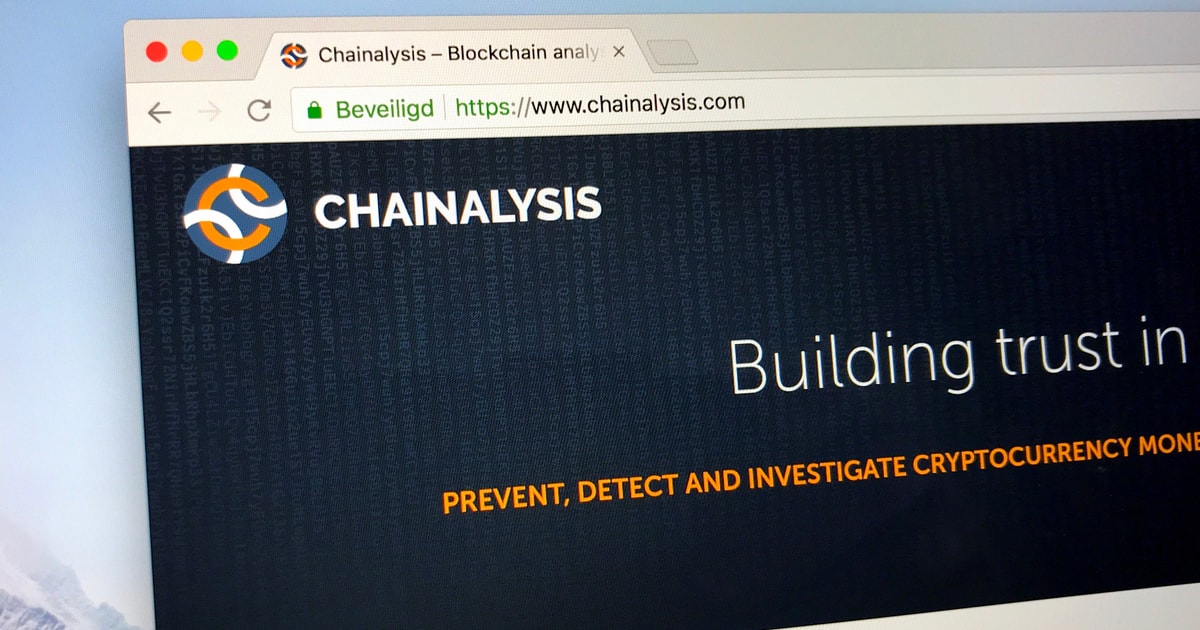Japan Faces Challenges in Combating Crypto Money Laundering and Scams
Tony Kim Nov 21, 2024 17:50
Japan's crypto ecosystem grapples with money laundering and scams, despite low exposure to global illicit entities. Authorities intensify efforts to address these issues.

Japan's cryptocurrency ecosystem is navigating a complex landscape of money laundering and scams, even as the nation's exposure to global illicit entities remains relatively low. According to a recent report by Chainalysis, Japan's crypto services primarily cater to domestic users, which helps limit their interactions with international criminal networks. However, the country still faces significant challenges in dealing with money laundering and scams within its borders.
Global Trends and Local Challenges
The global cryptocurrency market has witnessed positive developments in 2024, with increasing mainstream acceptance and decreasing illicit activities. Legitimate services have seen a surge in inflows, marking the highest levels since 2021. Despite these advancements, Japan's financial intelligence unit, JAFIC, highlights the persistent money laundering risks associated with cryptocurrencies. While Japan's exposure to international illicit entities is limited, local challenges remain significant, particularly with off-chain criminal entities utilizing crypto.
Money Laundering via Cryptocurrency
Money laundering in the crypto sector often involves concealing proceeds from on-chain crimes such as darknet markets and ransomware. Cybercriminals employ sophisticated techniques to obscure fund origins and movements, posing challenges for law enforcement. Crypto-native money laundering includes using intermediary wallets, obfuscation services like mixers and privacy coins, and stablecoins, which add complexity to tracing illicit activities.
Non-crypto-native money laundering involves converting fiat from traditional crimes into crypto, complicating detection processes. This method often starts with fiat transactions before converting to crypto, mirroring conventional money laundering strategies.
Illicit Activities and Scams in Japan
Japan faces unique challenges with non-crypto-native money laundering and scams. According to the Japanese National Police Agency, fraud cases continue to rise, with significant portions of stolen funds being funneled into crypto exchanges. Social media-based investment scams and romance scams have also been on the rise, with scammers exploiting platforms to defraud victims.
Authorities have recognized these threats, leading to discussions on enhancing investigative capabilities and legal frameworks to counteract these crimes effectively.
On-Chain Analysis and Future Steps
Chainalysis' on-chain analysis reveals patterns in fraudulent activities, highlighting the use of consolidation wallets to aggregate funds from various sources. This technique complicates tracing efforts but provides valuable insights into the scale of illicit activities. In 2024, significant amounts of Bitcoin and Ethereum have been involved in money laundering and scams, with estimates suggesting substantial financial impacts.
To combat these evolving threats, law enforcement and compliance teams must adapt to new money laundering strategies and exploit emerging crypto services. By understanding these methods, authorities can enhance their ability to disrupt illicit operations.
For more detailed insights, visit the Chainalysis blog.
Image source: Shutterstock
.jpg)